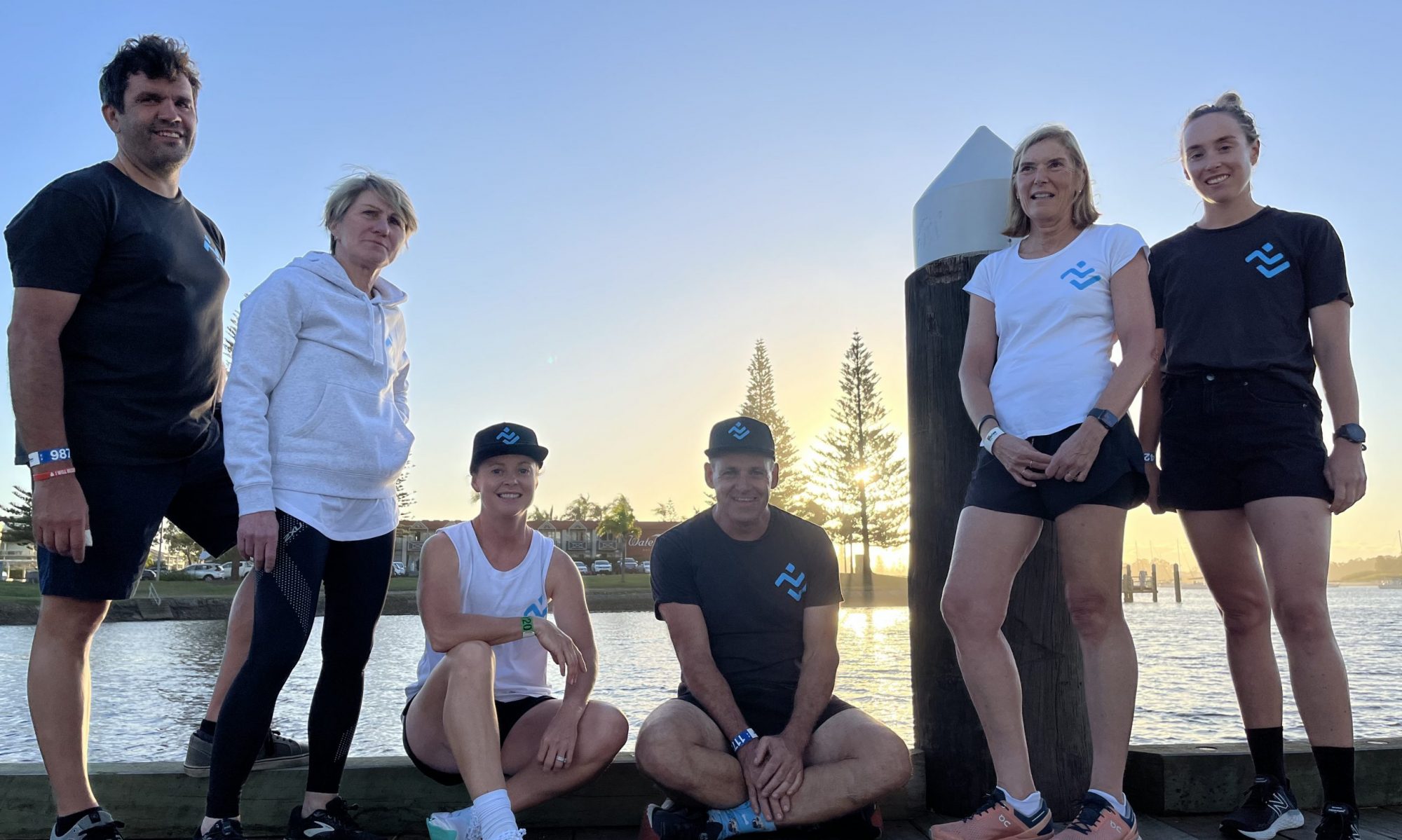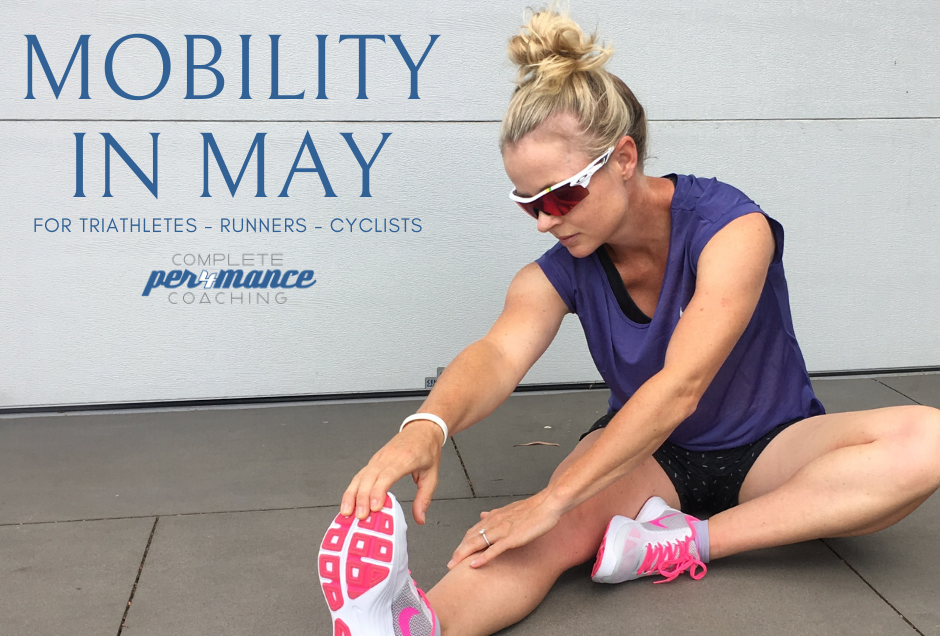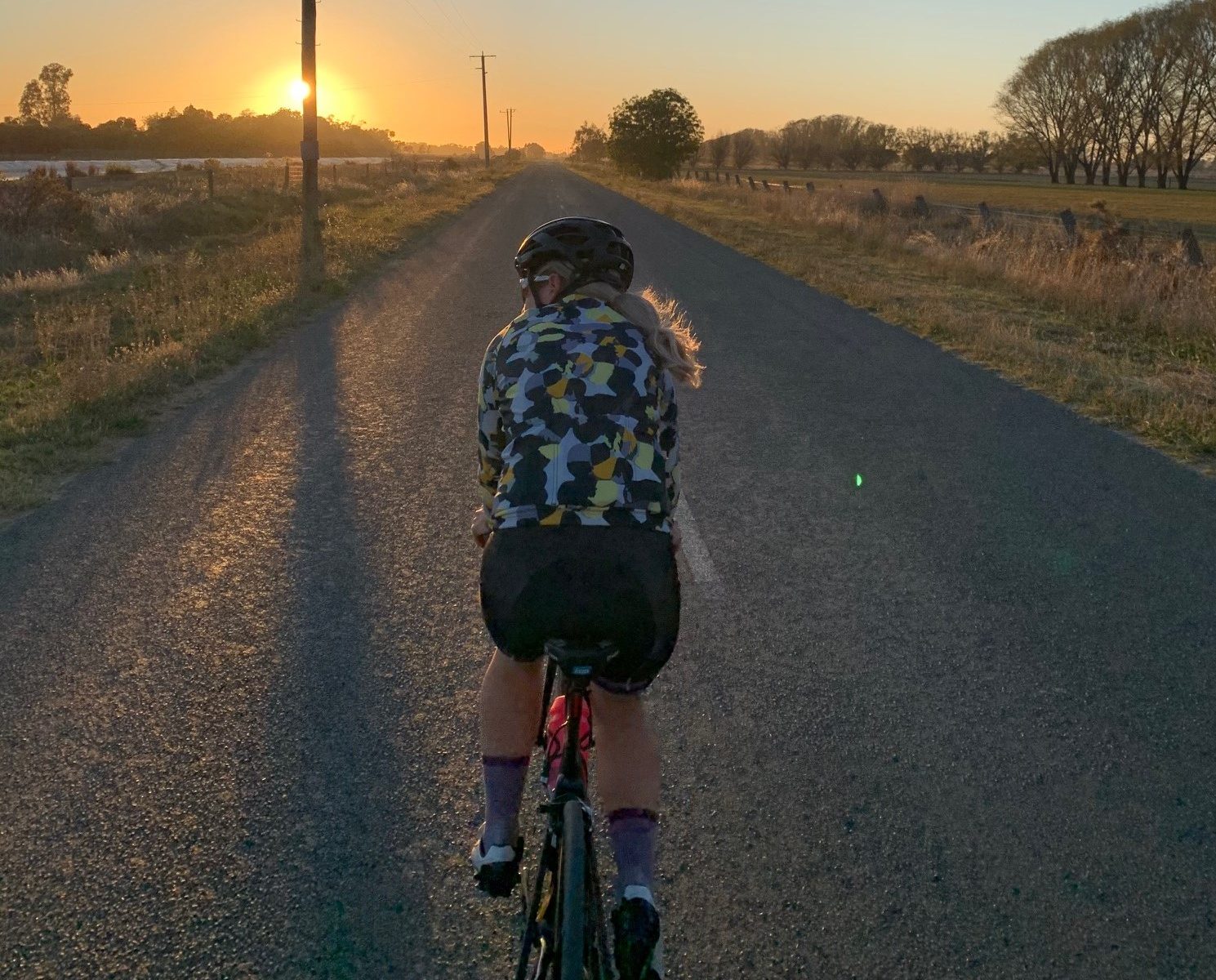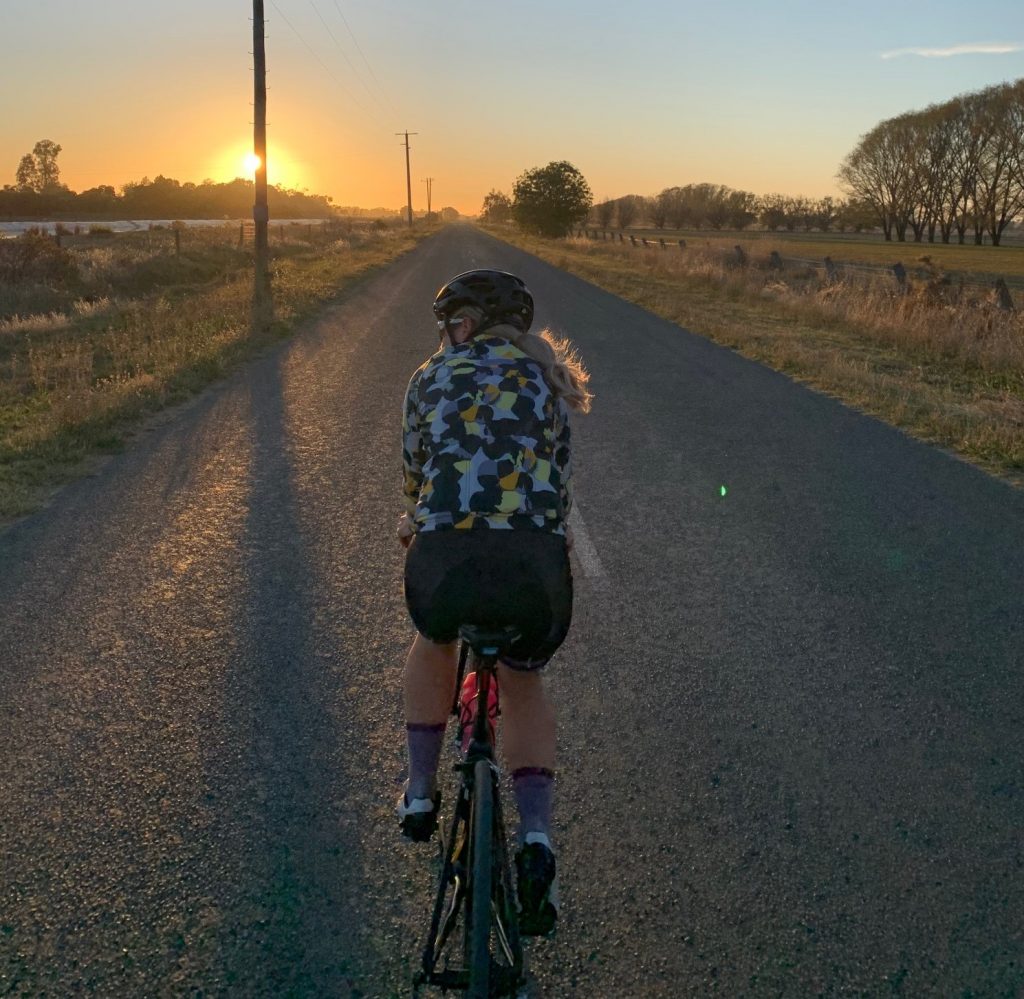Here at CPC we are laying the foundations. Setting the benchmark and going above and beyond to ensure our athletes not only remain healthy, but reach their athletic potential. We not just COACH but we EDUCATE.
For the Month of May we are focusing on MOBILITY. The key underlying function of our bodies. Mobility underpins all movement. A lot of athletes are familiar with the word, but unfamiliar with its importance to athletic performance and therefore don’t take the time to include mobility work into their daily routines.
So we’re here to try and help educate so you can see the benefits – and you can reap the benefits!
So what is mobility?
Firstly, flexibility and mobility are not the same thing. They are often used interchangeably but are different. Think of flexibility as a component of mobility, with mobility being the key driver.
Mobility – think of it as the active range of movement. It is the ability of a joint to move through its entire range of motion fluidly. Mobility is not just about the muscles, but the joints that allow for movement as well. A good way to vision mobility is like opening a door. The hinge should open and close smoothly and without resistance. Now imagine trying to open the door and it getting stuck half way. That’s a (simplified) way of looking at lack of mobility – and this is all too common for age group athletes.
Flexibility– remember we said is a component of mobility. It is the ability of your soft tissues to stretch when needed. Think of our muscles like a rubber band. If you pull both ends of a rubber band, it will stretch (i.e. it’s flexible). Our muscles are designed with similar elasticity that, when needed for movement, help the muscle to stretch. This is the static range of movement.
Why is Mobility Important?
When we see an athlete with good mobility, they are able to perform functional movements – without limitations – on their range of motion. On the other hand, if an athlete has good flexibility but lacks good mobility, they may not be able to perform the same movements or as effectively. So in order to have good mobility, you need good flexibility. They go hand in hand.
To put it simple – mobility means having strength, control and stability within your flexibility.
Benefits of mobility work
The benefits of including mobility work are proven, not only increasing performance, but also aiding in recovery. Training for endurance sports is hard on the body, and while recovery methods such as saunas, good nutrition, and quality sleep are all critical to help the body rest and repair, adding in mobility work as well can give you a ‘one-up’ on your recovery – so why wouldn’t you?!
By including specific mobility into your regular routine you can:
- Decreases the risk of injury
- Keeps joints strong and healthy
- Improves strength and performance
- Helps aid recovery
- Through the above, can increase longevity in your chosen sport
How can we introduce / include mobility work?
Introducing mobility into your daily routine doesn’t have to be onerous or time consuming. It can be as little as 10-15min in the morning, pre and/or post session or in the evening and you will see improvements in your physical performance as well as your mental and emotional health. (bonus!)
Complete prior to a session and it will help you prepare for the session ahead. Then include after your session as muscles, tendons and ligaments respond best as they are warm from the proceeding session. As for improving recovery, spend time on foam rolling, mobility and strengthening will help increase the responsiveness of muscles and speed up muscle recovery. Stretching alone is not always enough to release tight muscles, which is where foam rolling and trigger point comes into play. Foam rolling helps to break up these muscle knots, resume normal blood flow, and normal muscle function.
One way we are helping our athletes include mobility into their day is by introducing mobility combined with yoga. Yoga is a great activity for improving one’s mobility, stability and strength and as well as being very therapeutic. I know many athletes tell me it’s difficult to find another hour in their week to do a yoga session, and yoga in itself isn’t targeted specific to everyones individual needs, so by incorporating both specific mobility work into short yet specific yoga flows, we’re reaping the benefits from both worlds! This allows you to have the benefits of targeted mobility exercises specific to your needs, as well as the overarching general benefits of yoga’s movements and relaxation. How good is that!
How can you get involved?
All athletes under our guidance will receive weekly yoga mobility flows targeting specific areas for mobility, flexibility, strength and stability along with incorporating some relaxing flow all aimed at helping to increase mobility and stability, improve strength for performance and aid recovery and improve relaxation and sleep. All even more crucial in the times we find ourselves in at the moment.
These yoga mobility sequences will include:
- Warm up routine, mobility flow and activation
- Yoga flow with core stability focus
- Yoga flow focusing on the hips and glutes – the prime movers!
- Yoga flow with a mobility and stability focus
- Yoga flow for calming, relaxing, slow stretching, think bedtime / evening routine.
If you want to get involved, and aren’t currently under the guidance of CPC, then get in touch or DM me. I’d love to get you involved! We’ll also be sharing short snippets along with some challenges along the way, so stay tuned…
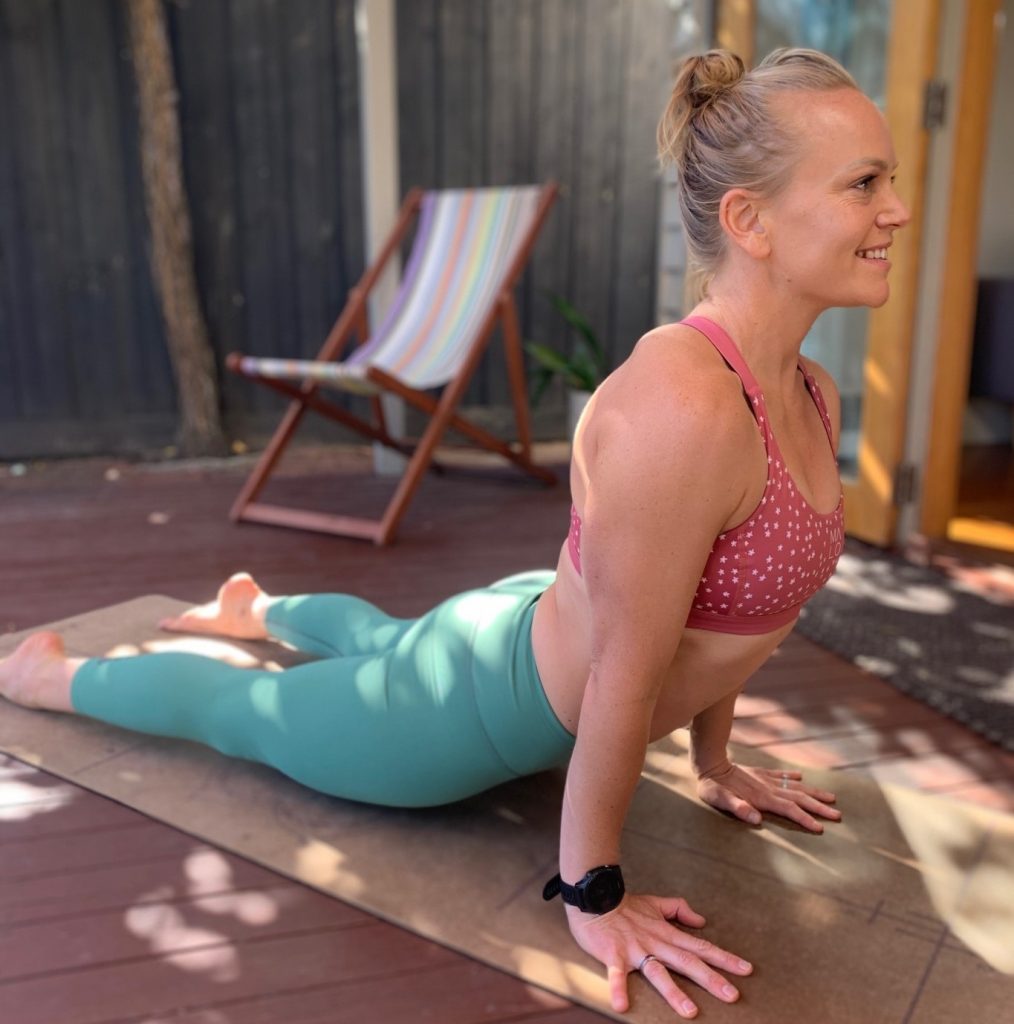
Meet our Resident Yogi – Jo
Jo is an experienced Naturopath, nutritionist and athlete with an obvious zeal for her craft. She is an energetic vinyasa yoga teacher and a lover of triathlon. Her skills are vast but all wellness lead, her passion for this space is palpable and infectious.
“As triathletes we are often engrossed in the swim, bike and run but I believe incorporating mobility, flexibility and strength training is fundamental to both optimizing your performance today but also your long term sustainability and longevity within the sport”. ~Jo
More about Jo:
I have Bachelor of Health Science (Naturopathy and Nutrition) and have practiced and supported my clients to reach their health potentials for over 13 years including developing, programming and delivering corporate health solutions and yearly plans to many large corporations over Australia . I am also a 200hr qualified yoga teacher. I believe I am an honest and authentic example of the phrase ‘practice what you preach’. I live a life in which I encourage to see in others.
Since my late teens Yoga has always played a large role in my life. It not only creates balance for me ‘mentally’ but it also enhances my physical performance on and off the triathlon course. I love teaching strong, flowing classes with purpose; integrating strength, flexibility and mobility. Yoga has so much to offer and I feel truly honored to be able to share this with others.
I have an amazing family and love being a mum and mentor to my young children; Matilda and my twins Florence and Charles. I am a competitive age group triathlete and am very proud to have qualified for the 2020 70.3 World Championships in Taupo, NZ. I am a dedicated yogi; my goal of 2 x 20min meditation practices daily mostly always gets done…. The family knows when it doesn’t that is for sure!
I am also the founder of and naturopath consultant for Franjo’s Kitchen; a beautiful brand of functional food for pregnant and breastfeeding mothers.
